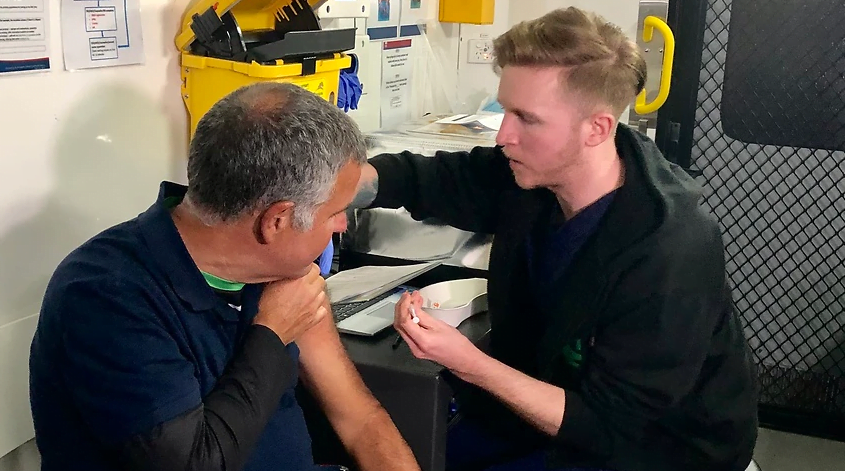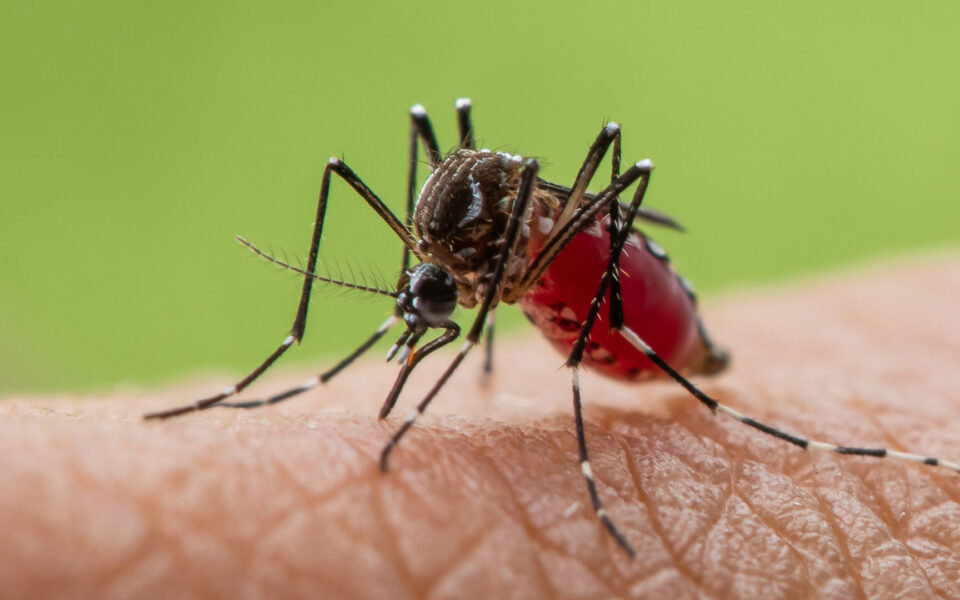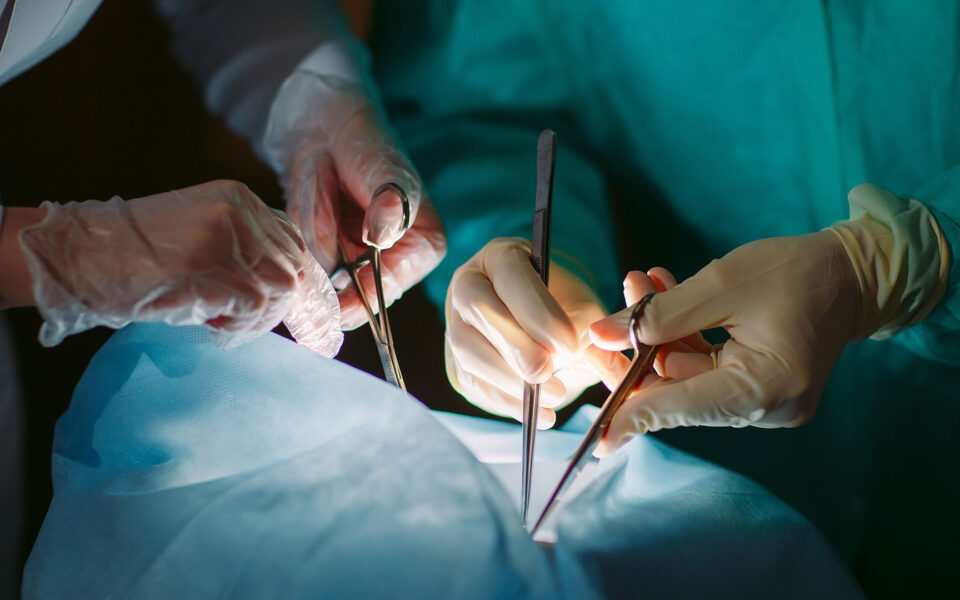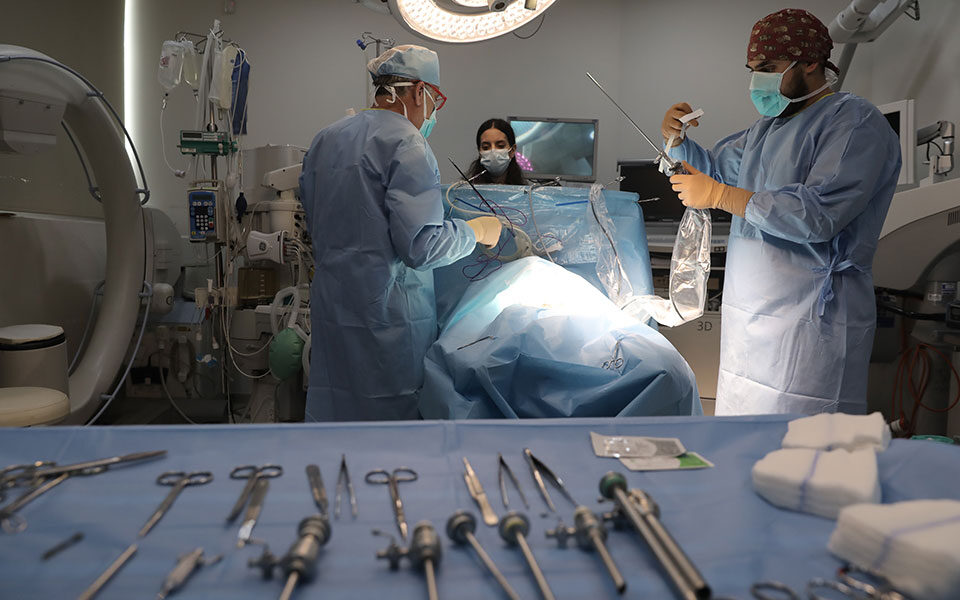‘A key factor is love’: How one charity is ensuring Sydney’s homeless community can access the coronavirus vaccine


Sleeping rough on Sydney’s streets, 60-year-old Rob has feared for the last year that COVID-19 would infiltrate the city’s homeless population.
If it does, it will be hard to trace, he says.
“You see different people all the time so I don’t know how you’d ever be able to keep track of someone,” he told SBS News. “I guess the risk is pretty high.”
There’s also a lot of anxiety surrounding healthcare institutions and the vaccine itself; many rough sleepers only have their phone and social media to access news, so not all public health messages get through.
Rob doesn’t want to take any chances. He’s rolled up his sleeve at a mobile vaccine clinic in St Martin’s Place in the heart of the city.
“It’s an obligation on all of us to do something to try and stem the tide and it just seemed like a convenient location to get it done,” he said.
“It just seemed like the right thing to do.”
The mobile vaccine clinics are being run by the Kirketon Road Centre medical clinic in Darlinghurst, and homelessness charity Wayside Chapel, whose teams travel around the city trying to ensure as many rough sleepers as possible have access to the COVID-19 vaccine.
Homeless populations are particularly vulnerable to the virus, with many rough sleepers suffering already-complex health issues.
If they catch it, many are unable to properly isolate and contacts and movements can be hard to trace.
At the last census, 116,000 people in Australia were thought to be homeless. Around 44 per cent of those were living in crowded dwellings, 18 per cent were in supported accommodation and 7 per cent were sleeping rough.
During a recent count in February, City of Sydney council found 272 people sleeping on the street.
Wayside Chapel outreach worker Joshua Chamberlin says the charity has been using its community outreach service to talk about virus prevention and hand out information on the vaccine.
“It’s quite an open conversation, I think, at the moment. People are willing to listen which is nice,” Mr Chamberlain said. “But as with anything, there’s usually some hesitancy.”
Many rough sleepers have negative experiences of institutions, particularly if they’re dealing with trauma, and some find it hard to access services. Fellow outreach worker Dennis Antoniou says the outreach program in partnership with Kirketon Road has worked because the Wayside staff make the service more accessible.
“People can’t always make it to services themselves. Sometimes it takes that consistency of a familiar face to approach them,” Mr Antoniou said.
‘Fear and worry’
With both vaccines administered in Australia requiring two doses, the consistent presence of the mobile clinic helps rough sleepers coordinate their second shot.
The Wayside Chapel’s Pastor and CEO Jon Owen said the outreach program has been “a great public health campaign”.
“Many people who are on the streets, their only news source is their phones and that can be Facebook videos or TikTok videos that are good or bad but not necessarily backed by science,” he said.





